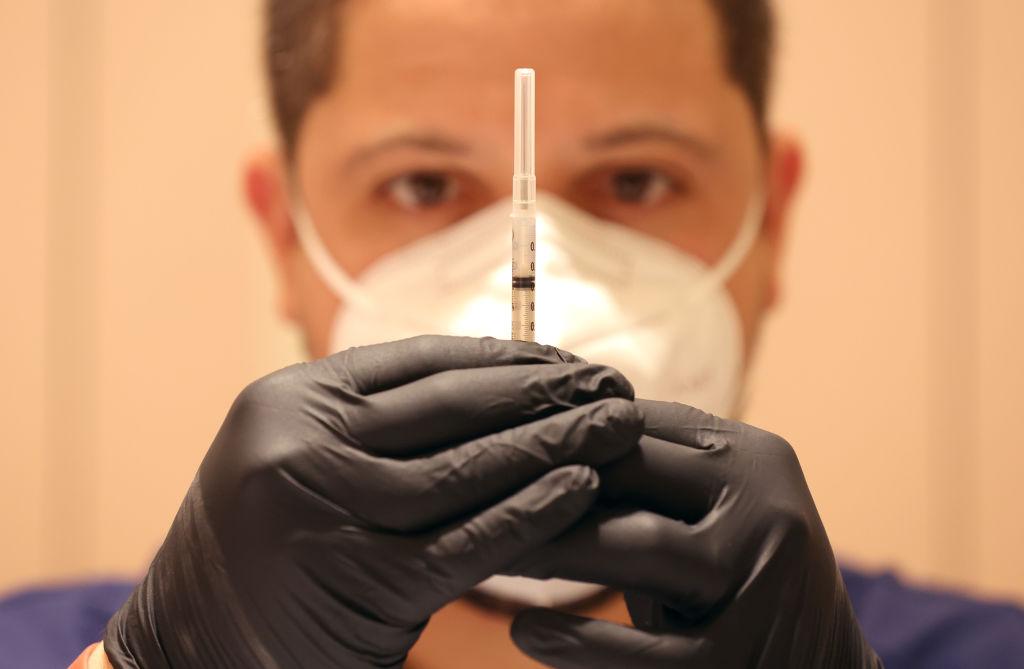Few people have received updated COVID-19 vaccine boosters since it was first made available in August, according to recent data published by the federal government.
About 14.8 million have received bivalent boosters made by Pfizer and Moderna, Centers for Disease Control and Prevention data that was published Thursday shows. The Food and Drug Administration provided emergency use authorizations for both booster doses on Aug. 31 for people aged 12 and older, while it signed off on an emergency approval for children aged 5 to 11 this week.





